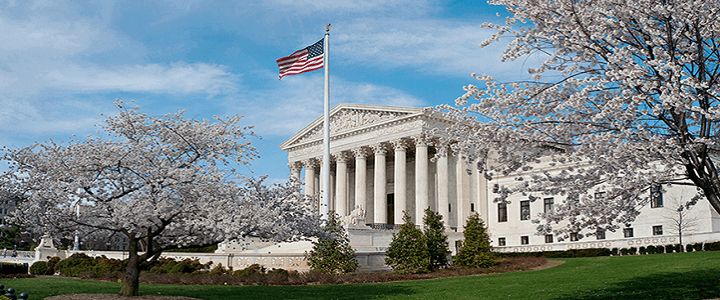Last week, in the United States District Court, Eastern District of Louisiana, a lawsuit against the FBI and individual agents was dismissed in part and allowed to proceed in part. The case of Zummer vs. Sallet reads like a John Grisham novel. The justice system of the Deep South is apparently in question once again.
The case goes back all the way to 2016 (wheels of justice moving at the speed of smell again) in which then active FBI Agent Zummer was the lead agent in an investigation against the then District Attorney of Louisiana’s 29th Judicial District, Harry Morel. At the end of the investigation, the FBI and other law enforcement officials concluded that Morel had been using his position to obtain sexual favors from defendants and members of their families. From those events, the U.S. Attorney’s office for that district finally decided to prosecute Morel, where he agreed to plead guilty to a count of obstruction of justice with a maximum three-year sentence.
Zummer was upset by the plea deal, apparently, and thought the agreement marred by corruption and conflicts of interest within the U.S. Attorney’s office. He wrote a letter to the trial judge at the time expressing his concerns over the way the matter was handled. Before he sent the letter to the judge, he asked his FBI supervisor for review and approval. The supervisor advised not sending it to the judge, but instead federal agencies that protect whistleblowers. After several futile attempts to get a firm bit of guidance on the matter, Zummer proceeded forward with the letter to the judge and then followed it up with a second letter. At the same time, he was pursuing the required pre-publication process to disclose the letters to the public.
Shortly thereafter, the FBI not only suspended Zummer without pay for disclosing information he was told not to, but also his security clearance. Some 18 months later Zummer received a letter from the FBI Assistant Director of Security Division, stating the rationale for revocation of his security clearance was disclosure of the letter to the original criminal trial judge. This disclosure, according to the FBI, raised issues with his ability and cooperation in disclosing classified information.
Amongst other causes of action, Zummer subsequently sued the FBI and various agents for revocation of his security clearance, claiming his First Amendment rights were violated and the letter to the judge was within his purview of free speech and the action was purely retaliatory.
At the heart – the courts still can’t intervene in security clearance matters
There are many interesting things about this case, both from factual and legal perspectives. If I had space for 5,000 words, I could fill it up without being verbose. However, tantamount to the theme of this site is the question of being able to file suit regarding revocation of a security clearance, and having the case heard by the judicial branch.
After much discussion, the judge ruled that it could not, as the Civil Service Reform Act was set up for just such matters by the Executive Branch and it was the exclusive authority for security clearance matters. Such intervention by the Judicial Branch, the court notes, would muddy the waters and perhaps be a separation of powers constitutional issue. There are great back and forth discussions within the context of the ruling which contains some dissenting case law from other circuits, although absent the exact facts. There is lots of security clearance discussion as it relates to judicial authority that legal geeks may want to check out at Zummer Case. It will also be interesting going forward as to how this matter is decided, even after part of it was dismissed.




